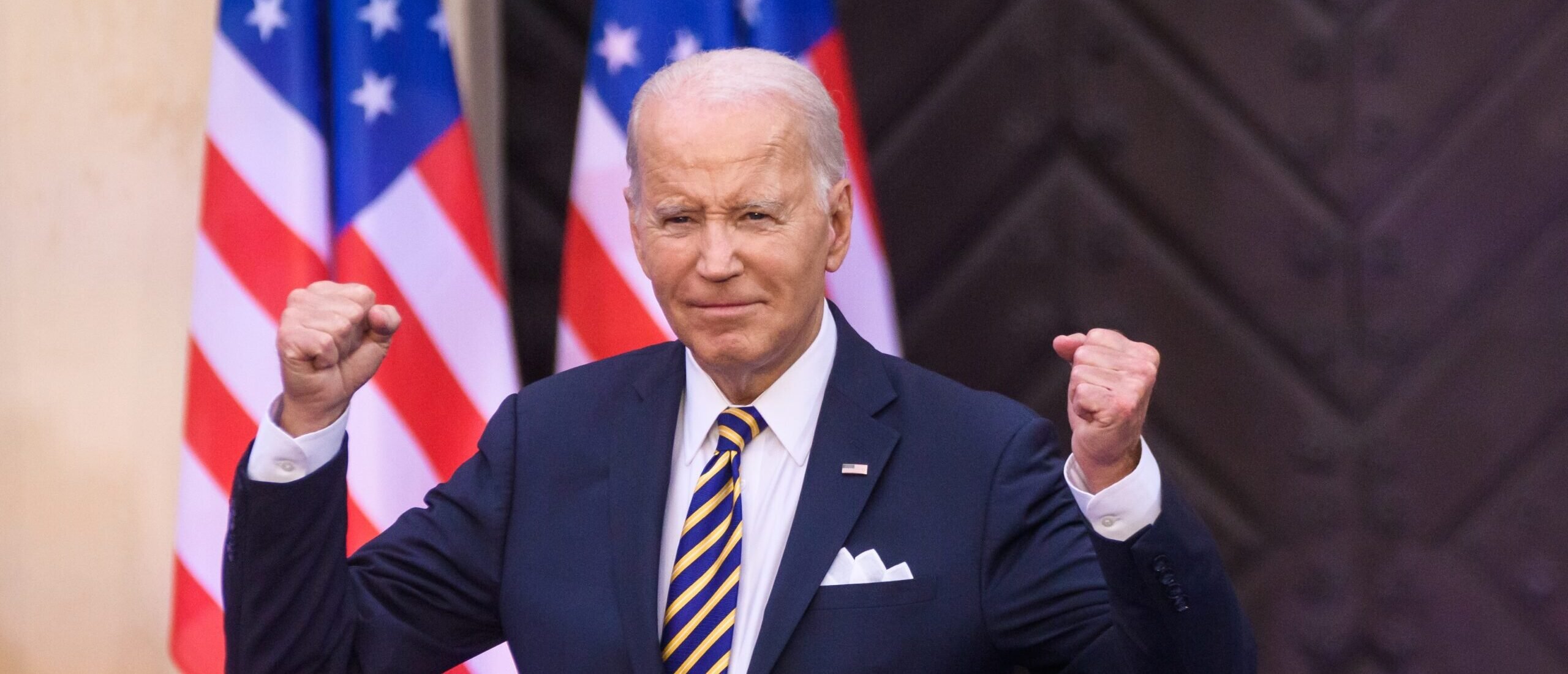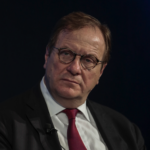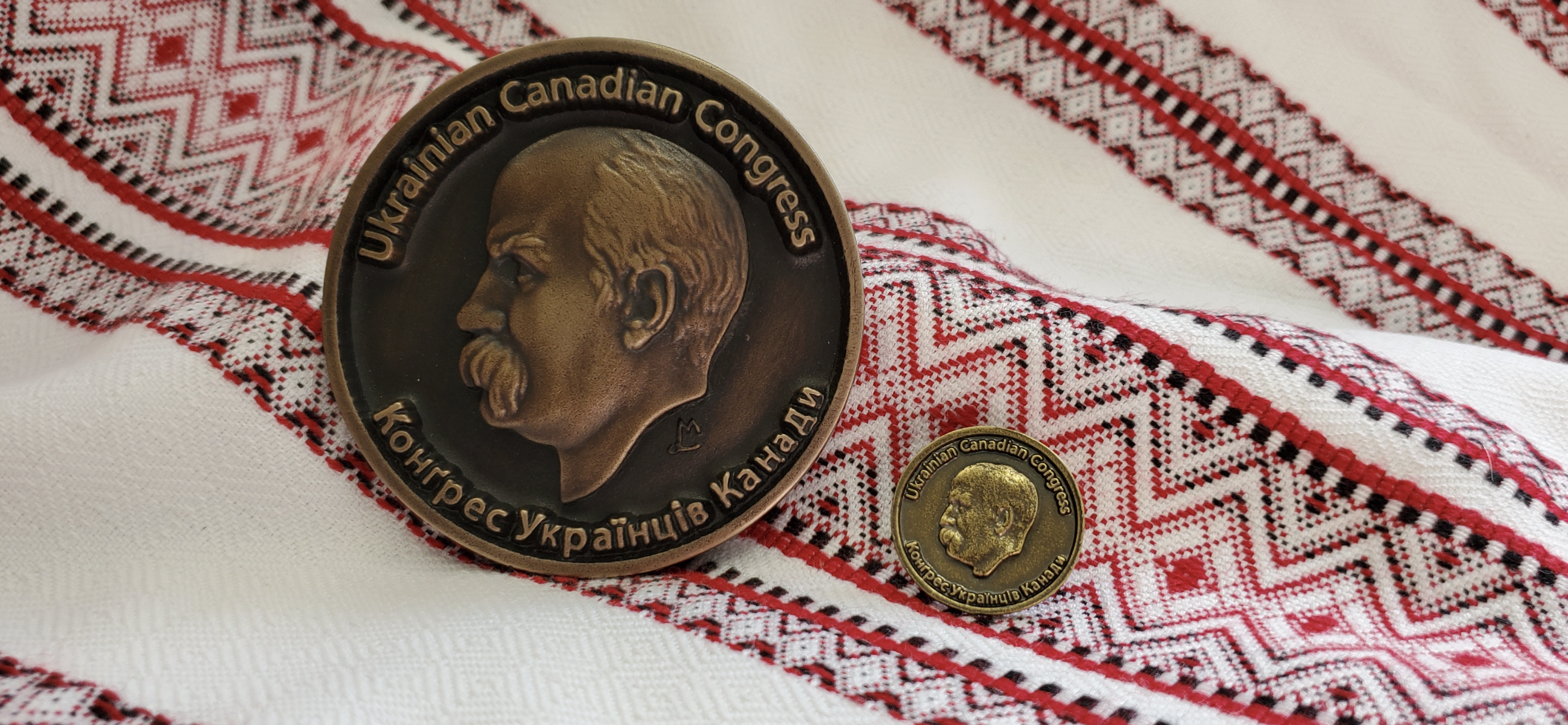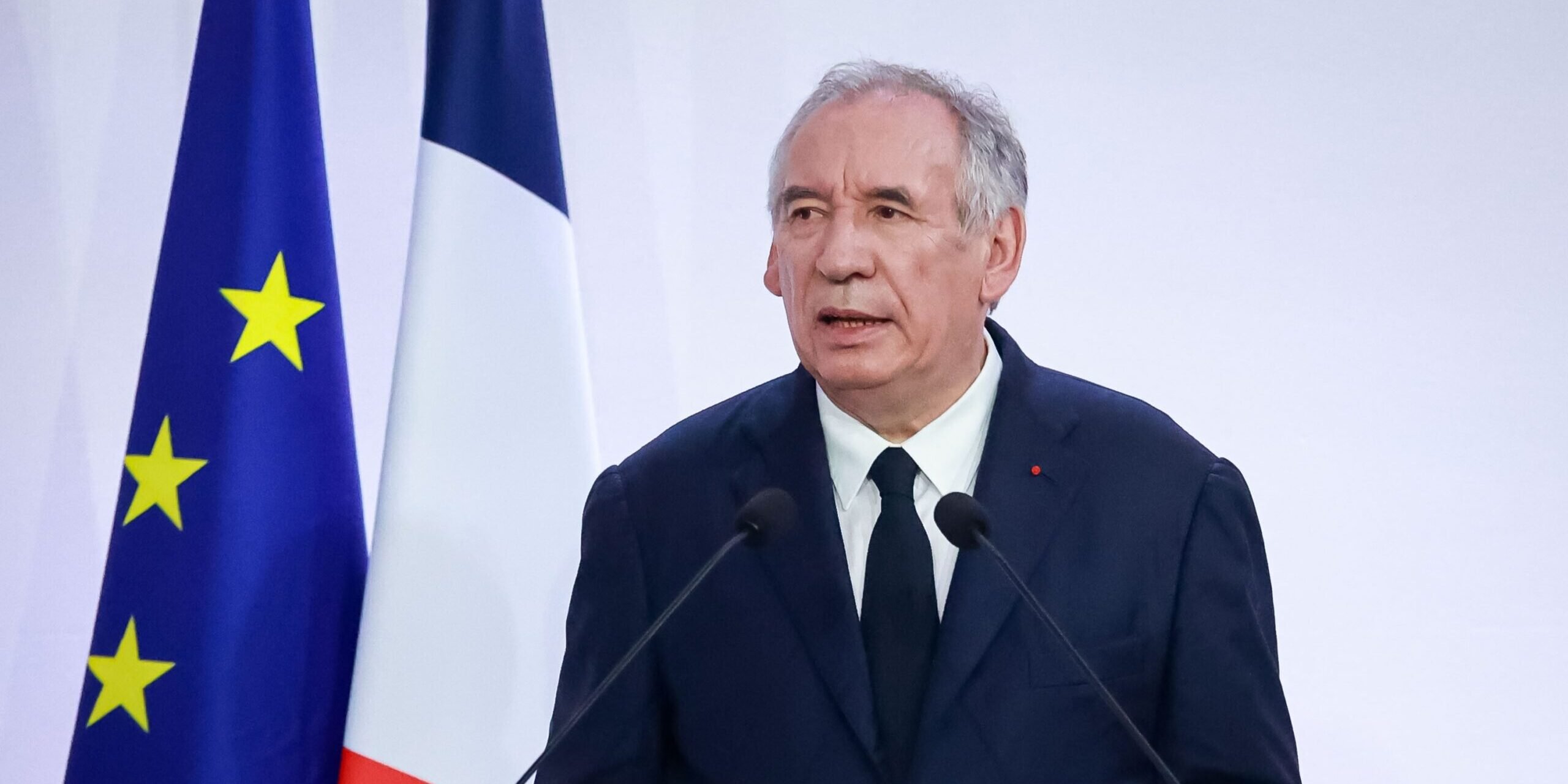

by Frederick Kempe, President and Chief Executive Officer of the Atlantic Council
During his press conference at the NATO Summit in Washington earlier this month, Joe Biden said of his presidential campaign, “I’m not in this for my legacy.” Two weeks and one difficult decision to bow out of the race later, his legacy is suddenly front and center.
That legacy, however, depends importantly on something he can no longer control: Ukraine’s ability over time to prevail against Russia’s criminal war.
That includes the inextricably linked question of whether the US president has contributed decisively to the United States’ ability, alongside its allies, to counter an emerging “axis of resistance” consisting of China, Russia, Iran, and North Korea.
Those countries are determined to prevent Ukraine’s success. More to the point, they seem to view Russia’s subjugation of Ukraine as a crucial step in remaking the global system of rules and institutions that the United States and its partners forged after World War II.
Biden, who on Sunday announced his decision to abandon his presidential campaign, will likely be remembered by historians for defining the enormous stakes of the era we’re entering. He called it an “inflection point,” which I’ve been doing in this space since 2018, having previously been introduced to the term through the US intelligence community.
“We’re facing an inflection point in history—one of those moments where the decisions we make today are going to determine the future for decades to come,” Biden declared this past October, in only his second speech to the nation from behind the Resolute Desk in the Oval Office.
Significantly, in that speech he connected the dots between Russia’s war in Ukraine and Hamas’s terrorist attack on Israel, which was only possible with the support of Iran. “Hamas and Putin represent different threats, but they share this in common,” he said. “They both want to completely annihilate a neighboring democracy—completely annihilate it.”
Historians may praise Biden for defining the historic stakes in such unmistakable terms. However, the coming months and years will determine whether he fell short in delivering the remedies by too cautiously supporting Ukraine due to his fears of Russian nuclear escalation.
The result was self-deterrence, where the United States provided Kyiv the weaponry it most urgently requested too slowly and in insufficient numbers. The Biden administration also worsened the situation by restricting Kyiv’s freedom to use US weapons, particularly longer-range fires, against military targets in Russia, from which deadly attacks on Ukrainians were being launched. When the US Congress held up aid for Ukraine last year and into this one, it made Ukraine’s challenges far more dangerous.
Many Republican leaders agree that Biden was mistaken in holding back crucial support and permissions for Ukraine, but they weren’t the ones nominated for president or vice president at the Republican National Convention last week. For the moment, the gathering in Milwaukee indicated the party’s desire to do less for Ukraine.
Many Republicans have wanted to meld former President Donald Trump’s populism with former President Ronald Reagan’s larger global purpose, which contributed to the United States’ Cold War victory against the Soviet Union without a shot being fired. That seems to be the furthest thing from the intentions of the Trump-Vance ticket, though Trump has been known to change direction on a dime, as he did to free up congressional funding for Ukraine.
John Bolton, who was Trump’s national security advisor from 2018 to 2019, wrote in the Telegraph that both Trump and his running mate JD Vance “are disinterested, or openly disdainful, of assisting Kyiv’s defense against Russia’s unprovoked aggression. For Vance, the US lacks both the military assets and the defense-industrial base to be a global power, meaning it must concentrate its resources to defend against China.”
My own view is that the best way to “defend against China” would be to counter Beijing’s unflinching and even increasing support for Russia’s war in Ukraine. At their seventy-fifth anniversary summit in Washington, NATO leaders called China a “decisive enabler” of that war by providing the wherewithal without which Moscow could not continue to wage it.
Cover: Shutterstock









